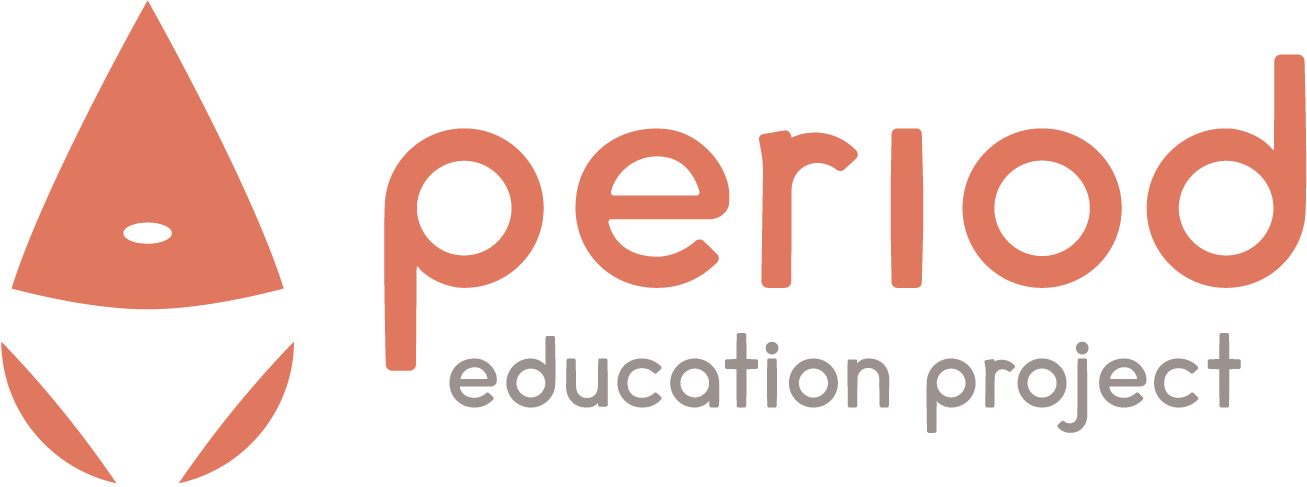Elizabeth Teets, Period Pro from Florida State University College of Medicine
Let’s be real: having a period is so much more than just dealing with cramps or grabbing a pad or tampon. For a lot of people, periods come with mood swings, stress, and the pressure of keeping it all together. Let’s take some time to dive into how periods and mental health are connected, and why it matters.

Elizabeth Teets, Period Pro
Why Your Mood Can Feel Like a Rollercoaster
During your cycle, your hormones (especially estrogen and progesterone) rise and fall. These changes can mess with brain chemicals like serotonin, which helps regulate mood. That’s why you might notice:
- Feeling snappy or irritated over small things
- Getting more anxious or worried than usual
- Feeling low energy or unmotivated
- Wanting to cry at TikToks that aren’t even that sad
This is normal. But for some people, the emotional changes can be really tough; especially with conditions like PMDD (premenstrual dysphoric disorder), which is like PMS turned up to the max. (To learn more about PMS vs PMDD, check out this blog post from another Period Pro: https://periodeducationproject.org/2024/09/11/pms-vs-pmdd/)
The “Mental Load” of Periods
On top of mood changes, there’s also the invisible work of just managing a period. Keeping track of when it’s coming, remembering to bring supplies to school, dealing with leaks, hiding your tampon in your sleeve so no one notices, or worrying about pain during class. It all adds up. This is called the mental load, and it can leave you feeling stressed and drained, even if no one else sees it. Plus, being stressed can increase sympathetic activity (the “fight or flight” response) in your body and make your symptoms worse. It’s a totally unfair cycle, which is why it’s SO important to manage your stress as much as possible!
Taking Care of Yourself
Here are some ways to make your cycle a little easier on your mental health:
- Track your period + moods: Apps (e.g. Clue or Flo) or even notes in your phone can help you see patterns. You can also find a printable tracker in the Girlology Ebook!
- Build a “period comfort kit”: Heating pad, snacks, comfy clothes, your favorite playlist or show.
- Talk about it: With friends, parents, or a trusted adult. Sharing takes off some of the pressure.
- Get help if it feels bigger than PMS: If your mood feels really heavy or interferes with school, friendships, or daily life, talk to a doctor or counselor. It’s not “just in your head.”
Why It Matters for Mental Health and Breaking the Stigma
Periods aren’t just a “body thing”. They affect your mind, too. Talking about the connection helps break the stigma and reminds us that it’s okay to say, “Hey, my period is making my mood and mental health harder right now.”
Normalizing this can help friends be more supportive of each other, encourage people to get help if their symptoms feel overwhelming, and create more understanding in schools and sports when someone isn’t feeling 100%.
The Bottom Line
Periods don’t just affect your body. They can take a toll on your mental health too. And that’s nothing to be ashamed of. Let’s make space for open, honest convos about how periods really feel, physically and emotionally. Because no one should have to handle the cramps, mood swings, and mental load all alone.
References
- https://www.acog.org/womens-health/faqs/premenstrual-syndrome
- https://www.ncbi.nlm.nih.gov/books/NBK560698/
- https://pubmed.ncbi.nlm.nih.gov/40837786/
- https://periodeducationproject.org/2024/09/11/pms-vs-pmdd/
